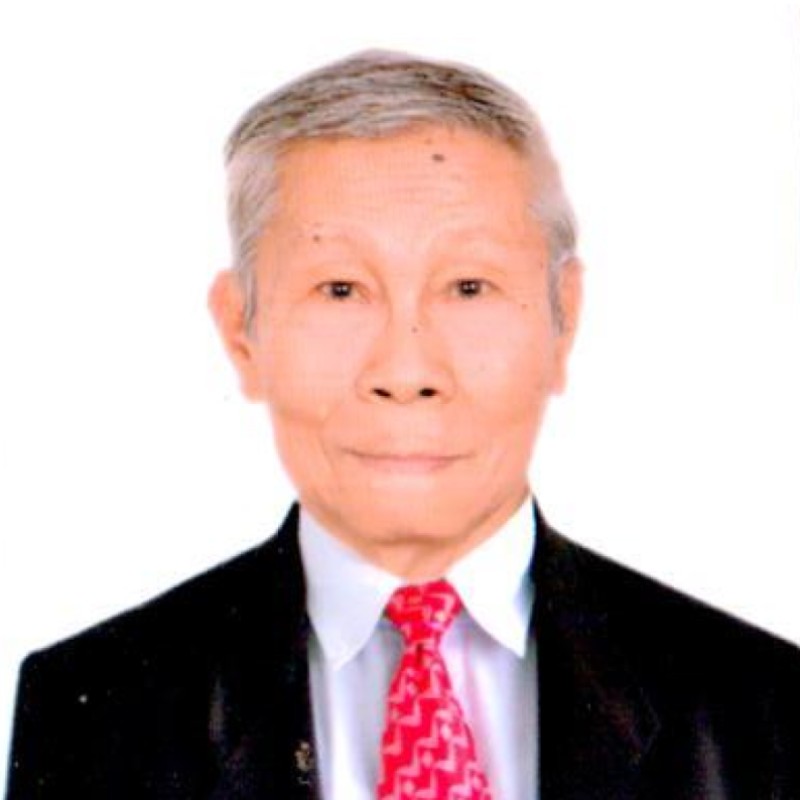GLIMPSES & GAZES
By Severino C. Samonte
FM first thought of collective or cluster farming idea in 1970
Share
Believe it or not, the collective or cluster farming idea or approach in rice production to make the Philippines sufficient in rice without importation was broached as early as 1970 by then President Ferdinand E. Marcos Sr., more popularly known by his acronym FM.
Yes, FM disclosed that in his address during the Labor Day celebration at Malacañang's State Dining Room on May 1, 1970, about six months after his historic reelection for the presidency on Nov. 11, 1969.
In his speech titled "Social Justice and National Unity," Marcos told the leaders and members of the country's major labor organizations: "I assure the workers of our country that this administration, which owes its second term to you, the great majority of our people, will back up your movement for social justice with increasing vigor. We will soon take bolder steps in the field of land reform."
He added: "I have just come from Magalang (Pampanga), a center of 'Huklandia' (dissidents' place), where we are initiating a new approach to land reform, which no longer concentrates on just the distribution of land, but the distribution of profits and income among ordinary farming families by virtue of labor and of cooperatives.
"And you know, there are those who say we should divide all the big estates; yes, let us divide them. Still, the most efficient farming operations are those of bigger hectarage. So, shall we then discard the principle of widespread ownership of land?
"No, we will continue dividing big lands and distributing ownership to farmers, giving them small family-size lots, but we must now also organize them into cooperatives so that they will operate efficiently, equipped with all the facilities found in large farming operations.
"This will require not only initiative on the part of the government but also on the part of the private sector, as well as on the part of labor. I appeal to you to help us in this (endeavor)."
In another speech on May 23, 1970 before the National Convention of the Manufacturers and Producers of the Philippine Chamber of Industries at the Manila Hotel, FM said he would be calling Congress to a special session that coming June 1 or 2 to enact several urgent measures, including a bill amending the Land Reform Code of 1963.
"You will remember that when I was president of the Senate, we approved the Land Reform Code but it was so amended that the source of funding was eliminated completely and we now seek to reinstate the funding for the land reform operations of our country.
"Expect agricultural cooperatives to be one of the main projects of the government and the private sector in the coming years, starting with this year (1970).
"What is meant by an agricultural cooperative? It usually means nothing more than small landowners grouped together and allowed to operate as an efficient big firm. We will not discard the original principle of the Land Reform Code which seeks to convert first the sharecroppers into leasehold farmers or tenants, and later to obtain the land or rather to expropriate them, and divide them and sell them at cost to the tenants.
"It is now the policy of the government that before such tenants acquire land, they should band together into a cooperative in order that the efficiency of large-scale farming may be availed of by such small farmers. It was found by the experts that farming in small units, like two-hectare or five-hectare operations, is not as efficient as farming in larger units, say 500 hectares to 1,000 hectares."
He enumerated the government support that would be extended to the cooperative or clustered farmers. These included sufficient financial assistance from government banks, adequate warehousing services, transport system and ready markets to buy and distribute the farmers' various agricultural products through the expanding facilities of the Greater Manila Terminal Food Market (GMTFM) which was established in 1968.
He said with this system, the country's farmers would no longer be victimized by cartels and unscrupulous traders, and middlemen.
However, the good plans of FM for the farmers, including the cooperative farming concept and related programs to make it successful, were derailed by the intervention of numerous destabilizing events in the years following the declaration of martial law in September 1972.
Such undesirable occurrences were punctuated by the People Power Revolt of Feb. 22-25, 1986 which forced FM and his family to flee to Hawaii.
In the first week of this month, a big group of farmers in Nueva Ecija presented to Presidential Adviser on Poverty Alleviation Larry Gadon a proposal asking President Ferdinand "Bongbong" Marcos or BBM to adopt collective or cluster farming nationwide to raise the country's rice production.
A news item which appeared in the regional news section of a national newspaper last Oct. 6 had this headline: "Collective/cluster farming: New approach to rice production."
Of course, the farmers and the newswriter were not aware that FM made that proposal 53 years ago, when PBBM was just 13 years old and still studying in London.
Comments
About the Columnist

He began his journalistic career by contributing to the Liwayway and Bulaklak magazines in the 1960’s. He was the night editor of the Philippine News Service when Martial Law was declared in September 1972. When the Philippine News Agency was organized in March 1973, he was named national news editor because of his news wire service experience.
He retired as executive news editor in 2003. He also served as executive editor of the Malacanang-based Presidential News Desk from 1993 to 1996 and from 2005 to 2008.
